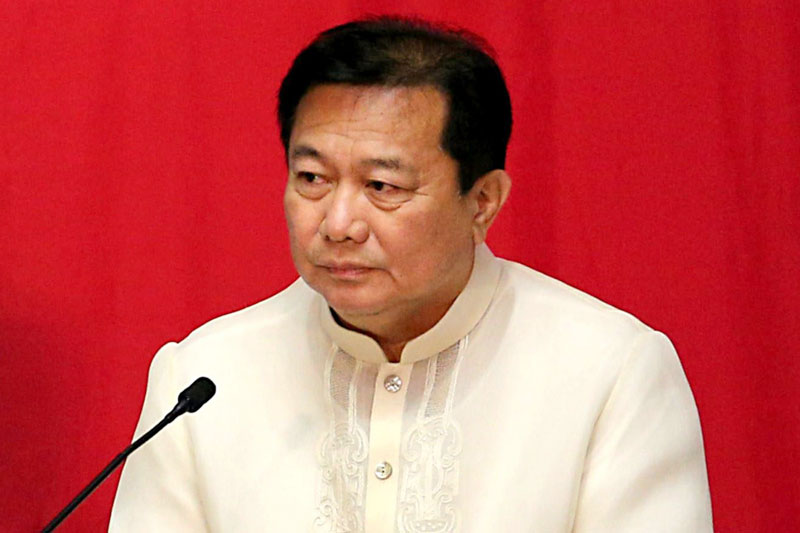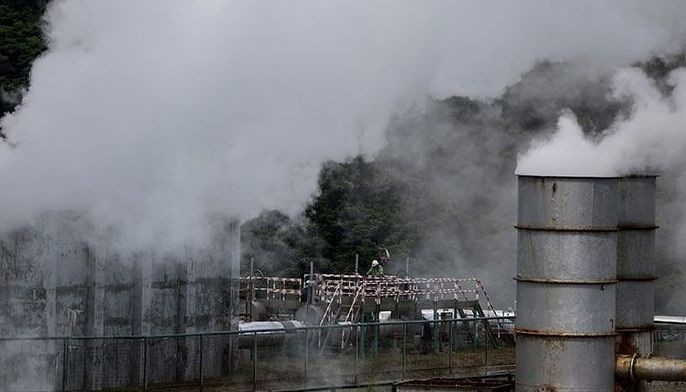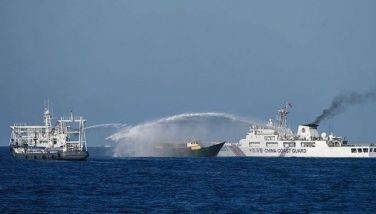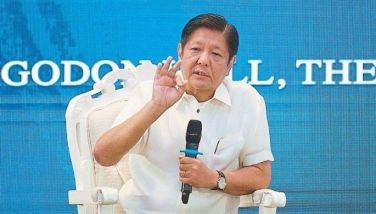House bill putting more safeguards in anti-drug law hurdles final reading
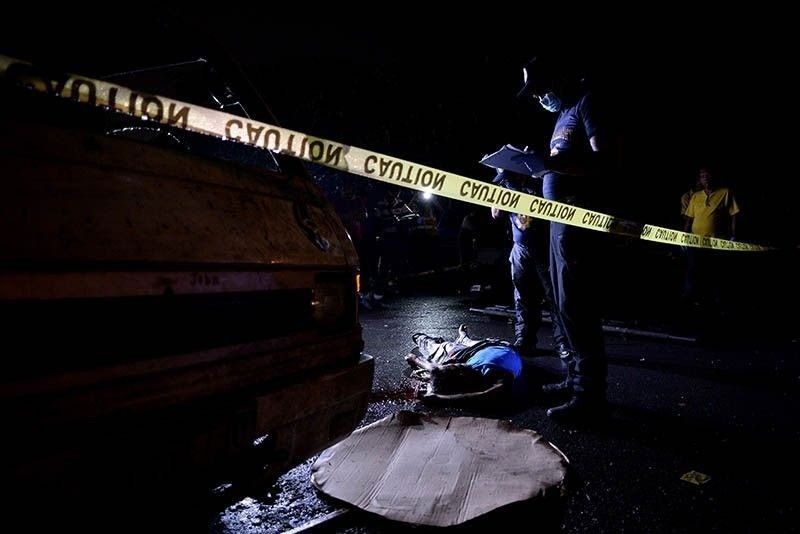
MANILA, Philippines — The House of Representatives approved Tuesday a bill strengthening the existing drug prevention and control laws to add safeguards including requirements on bodycams, penalties on landlords of drug properties, among other additions to the original law.
Should it be enacted, the bill is now expanded to also penalize negligent lessors of any properties found to be actively used as clandestine drug laboratories, among others.
Safeguards and significant additions
House Bill No. 7814, which consolidated various provisions of 11 other bills, adds a number of amendments to Republic Act No. 9165 or the Comprehensive Dangerous Drugs Act of 2002, including a definition of chemical substance dependence as:
"a condition of mental and/or physical dependence on any controlled precursor and essential chemical or volatile substance, whether organic or manufactured, that affects the central nervous system, characterized by the periodic or constantly repeated consumption of this substance and whose effects vary depending upon the kind of controlled precursor and essential chemical taken by the dependent or user."
Approved on its third and final reading with 189 affirmative votes, 11 negative votes, and 8 abstentions, the bill also provides for a legal presumption on who is considered an importer, financier, and protector or coddler of illegal narcotics as well as limits the validity of drug test certificates issued by accredited drug testing centers to just three months.
The amendment identifying and penalizing drug coddlers reads:
"A person is presumed a protector or coddler if he/she knows the operator, maintainer, administrator or manager of the den, dive or resrot and he/she uses his/her influence, power or position in shielding, harboring, screening or facilitating the escape of the violator. A person is likewise presumed a protector or coddler if he/she has knowledge or has reasonable ground to believe or to suspect that the said operator, maintainer, administrator or manager actually operates, maintains, administers or manages a den, dive or resort and he/she uses hisher influence, power or position in preventing the arrest, prosecution or conviction of the violator."
The bill also amends Section 21, which touches on the custody and disposition of seized drugs, to include a clause that says:
"the apprehending team mentioned in the preceding paragraph shall be required to properly document the anti-illegal drugs operations from the beginning until the end, through the use of a valid and legitimate technology, including wearing body-worn cameras."
Under the same section, seized items are now also required to be "photographed, recorded, and authenticated" under the law, while members of the media "may be invited" to cover anti-drug operations "for journalism purposes only."
Section 29 on Criminal Liability for Planting of Evidence is also expanded to presume that any "planting evidence" defenses in court is a complaint against any law enforcers or private individuals involved in the arrest, search, and seizure of the suspect.
"Any person who is found guilty of willfully or intentionally using or implementing search warrant issued based on perjurious or falsified documents" is also penalized.
Why does this matter?
That Congress recognizes chemical substance dependence as being affected by mental and physical issues is significant since President Rodrigo Duterte has consistently implied that drug addicts are past the point of recovery and rehabilitation.
Both the medical and the international community have long held that drug addiction is a health problem more than anything else, though the chief executive's views on drug addicts are less than flattering.
In a 2016 speech, the chief executive said that sustained methamphetamine usage for a year or more would shrink the brain of a person, explicitly adding that “he is [therefore] no longer viable for rehabilitation.”
The United Nations has urged the Philippine government to adopt a public health approach in the "drug war" to comply with international human rights standards.
READ: PNP-PDEA shootout should speed up implementation of bodycams, dashcams in PNP, lawmaker says
Rep. Robert Ace Barbers (Surigao del Norte), who chairs the House panel on dangerous drugs, also said in a statement earlier that the amendments requiring officers of the law to be wearing body cameras at all times would have prevented the shootout between cops and anti-drug operatives in late February.
Through five separate chiefs of the Philippine National Police and nearly three years since the force was afforded millions of pesos in funding, the full implementation of the project providing cops bodycams remains inert and thrown into flux.
Justice Secretary Menardo Guevarra at the 46th Regular Session of the Human Rights Council in late February also admitted before the international community that according to initial findings of a review led by his department, personnel of the national police did not follow official police procedures on validating whether "drug personalities" killed while supposedly violently resisting arrest really did so.
The amendments to Section 29 are also a significant safeguard in light of what rights groups say are documented instances of cops planting evidence under the Duterte administration.
READ: Admission of police breaches in 'drug war' met with cautious optimism | After Human Rights Day arrests, HRW says there is ‘damning history’ of cops planting evidence
'Drug war failed'
Earlier Sunday, Sen. Panfilo Lacson said that the incident between the PNP and PDEA, if indeed motivated or caused by drug syndicates, is proof that the Duterte administration's flagship "war on drugs" has not been successful.
"We have to be honest with ourselves. The 'drug war; really failed. Almost nothing changed with the illegal drugs situation. It's still chronic. If it succeeded, then there should be a significant dent on the drug syndicates," he said in Filipino. "What else can we do with the one year remaining? We still have to deal with the pandemic and our other problems."
The former police chief's pronouncement runs counter to the consistent narrative of administration officials that the anti-narcotics campaign has made significant strides in peace and order.
Both local and international organizations have said that the nightly killings only increased amid the coronavirus-induced lockdowns, a claim proven and substantiated by the national government's own publicly-released data.
READ: Fact check: Reported increase in 'drug war' deaths amid pandemic is backed by gov't data
Rights groups both here and abroad say the death toll of the anti-drug campaign may be as high as 30,000 deaths since Duterte's "war" began in 2016.
In November, then-PNP chief Camilo Cascolan acknowledged that almost 8,000 "drug personalities" had been slain in official operations, where cops routinely claim that only suspects who fought back were killed.
However, the latest data from the administration's Real Numbers PH campaign dialed this back to just 6,039 "persons who died during anti-drug operations."
- Latest
- Trending

















